The Downlink • Feb 11, 2022
Olympic-worthy world(s) records
Space Snapshot
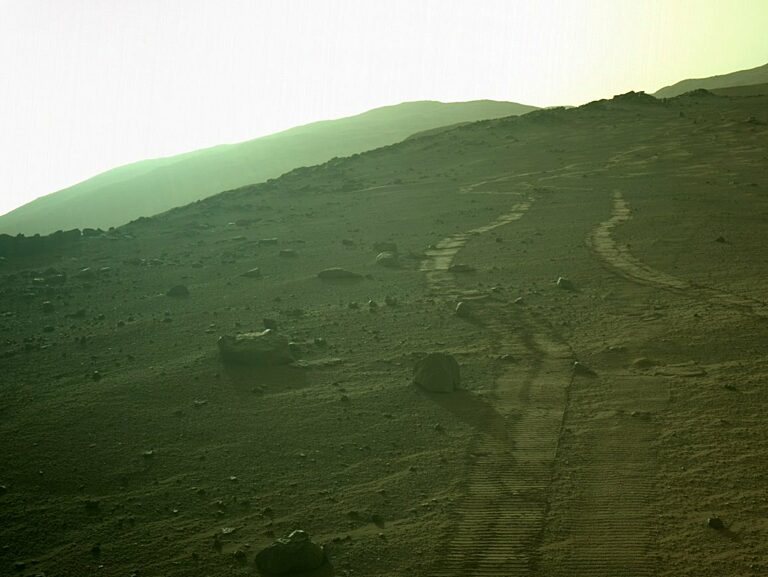
NASA’s Perseverance rover took this image on Feb. 4, 2022, looking back on its tracks after setting a new record for the longest drive made by a rover in a single Martian day. Perseverance traveled more than 245 meters (806 feet), beating the record held by NASA's Opportunity rover since 2015, when it traversed 214 meters (702 feet) in a single sol. Image credit: NASA/JPL-Caltech.
You love space, now take action
This weekly newsletter is your toolkit to learn more about space, share information with your friends and family, and take direct action to support exploration. Anyone can subscribe at planetary.org/connect to receive it as a weekly email.
Mission Briefings
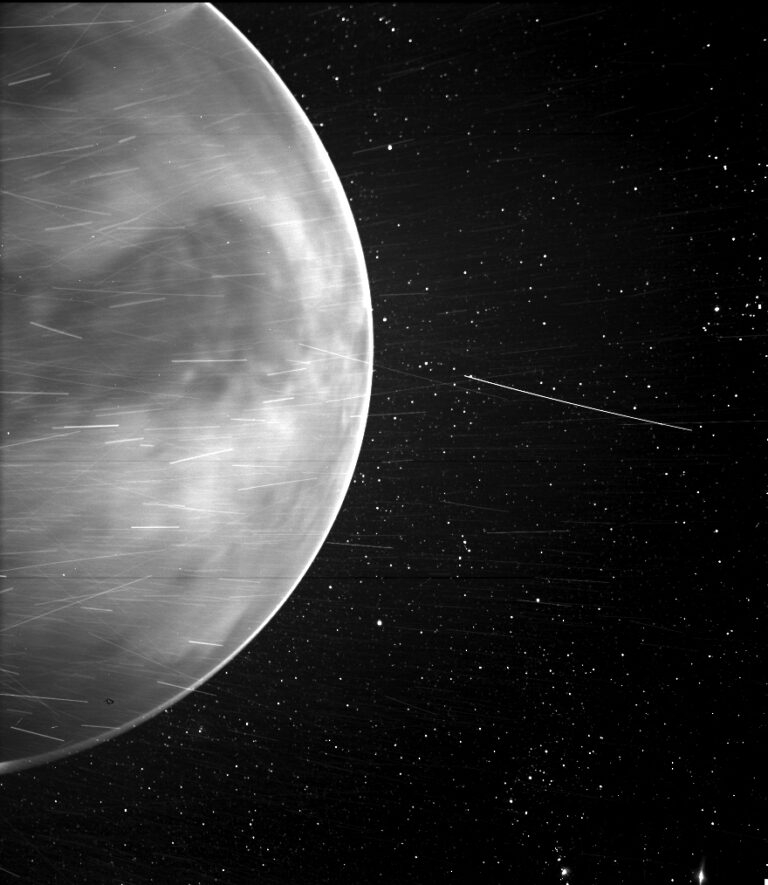

Venus is the hottest planet in the solar system, and it shows. NASA’s Parker Solar Probe recently confirmed that this photo it took of Venus during a 2020 flyby is the first visible light image ever to show the planet’s surface through its clouds. Even on the nightside, Venus is so hot that its rocky surface visibly glows, like a piece of iron pulled from a forge. This glow helps distinctive features like continental regions, plains, and plateaus show through the planet’s thick cloud cover. Learn more.

Astronomers have found an asteroid that may break the record for most moons. Like many asteroids in the solar system, asteroid 130 Elektra has two moons — one spotted in 2003 and the other in 2014. But recent observation using the Very Large Telescope (VLT) in Chile shows 130 Elektra may actually have a third, making it the first asteroid found with three moons.
From The Planetary Society
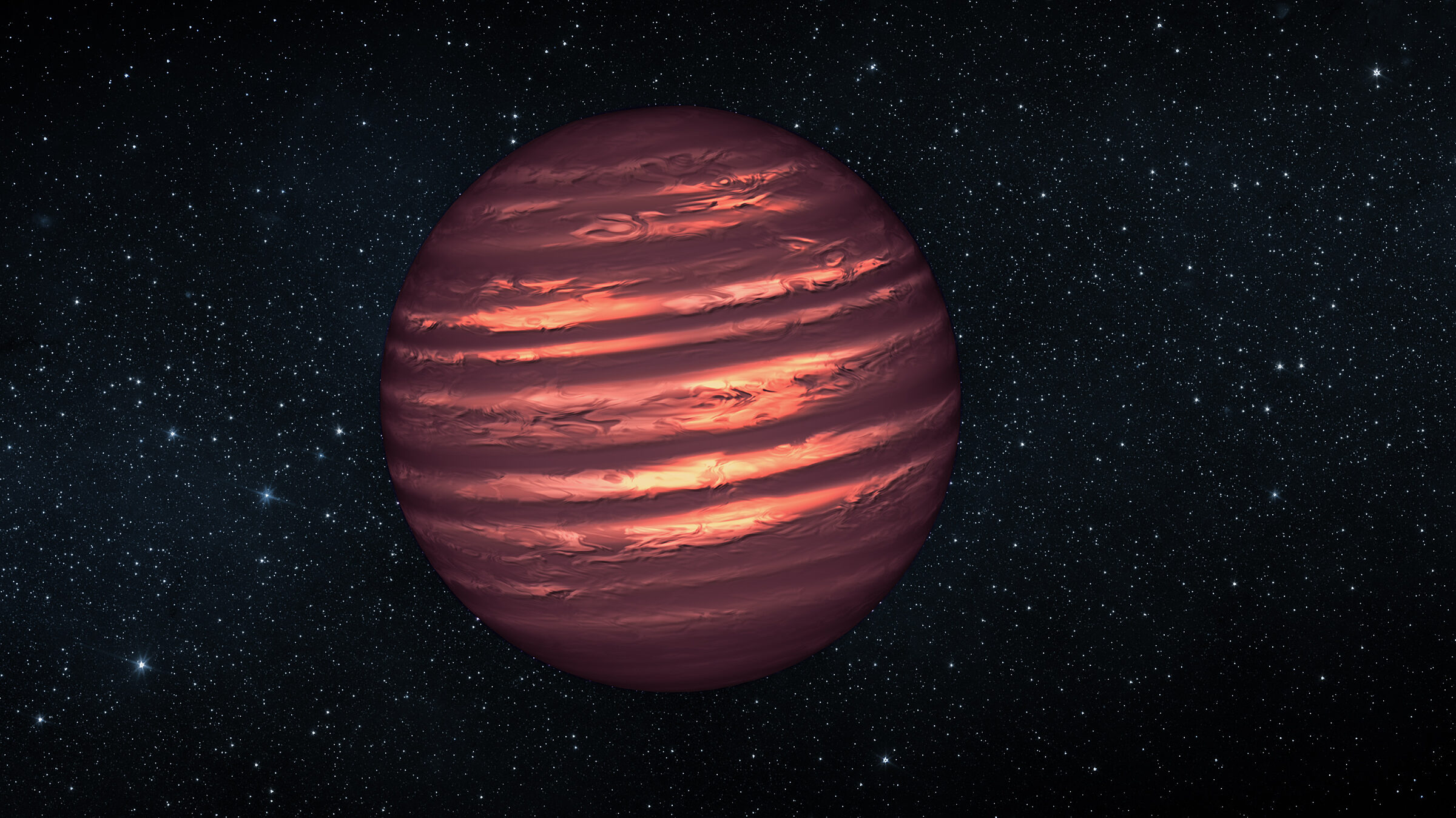

Brown dwarfs would hold the record for largest planet or smallest star, if only they counted as either. These strange astronomical objects are in a class of their own, too big to be planets but too small to be stars. Johanna Vos, an astrophysicist at the American Museum of Natural History, joins this week’s Planetary Radio to talk about her research on brown dwarfs. She’s joined by her colleague Sam Grunblatt, who studies another unfortunate cosmic bunch: planets that are being devoured by their host stars. Pictured: Artist’s conception of a brown dwarf, featuring the cloudy atmosphere of a planet and the residual light of an almost-star. Image credit: NASA/ESA/JPL.

Government agencies aren’t the only groups going to the Moon now. NASA’s Commercial Lunar Payloads Services initiative has opened the door for private companies to compete for contracts to deliver NASA payloads to the lunar surface. The selected missions can also carry non-NASA payloads, allowing companies to do more in the lunar environment than ever before.
What's Up
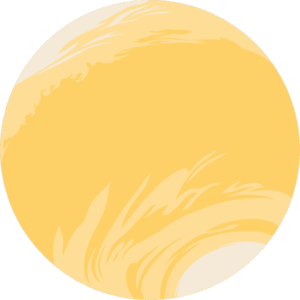
Low in the western evening sky you can still catch Jupiter for a few more days. It's a great time to see Venus in the predawn sky. The planet is at its brightest this month, rising with Mars and Mercury in the east. Learn more at planetary.org/night-sky.
If you value The Downlink, we have a request...
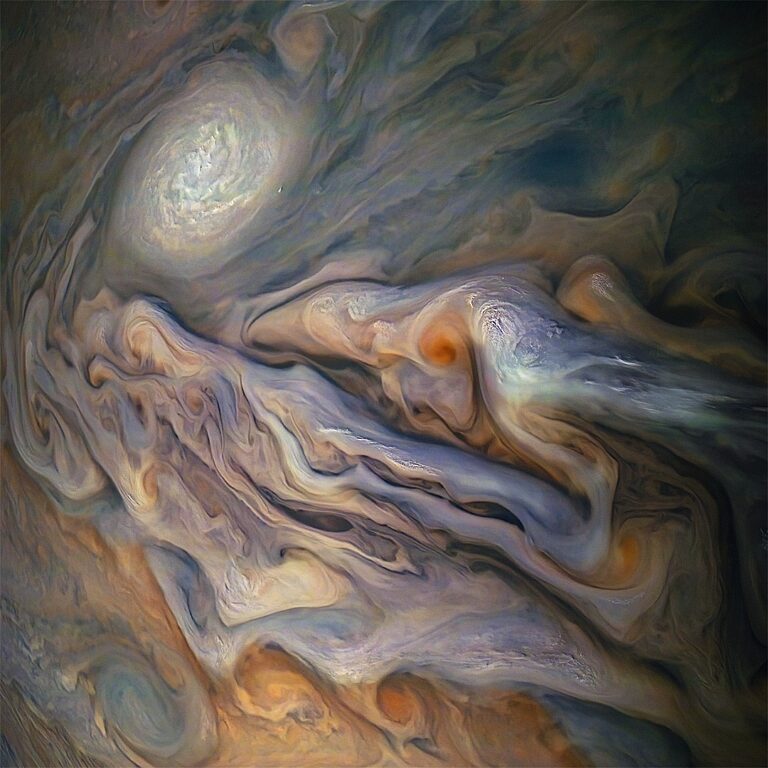
We believe everyone should have easy access to the wonders of the cosmos. That's why we publish our content for free — to inspire curious minds and empower explorers of all walks of life. Become a member of The Planetary Society today for as little as $4/month to help make this work possible.
Wow of the Week
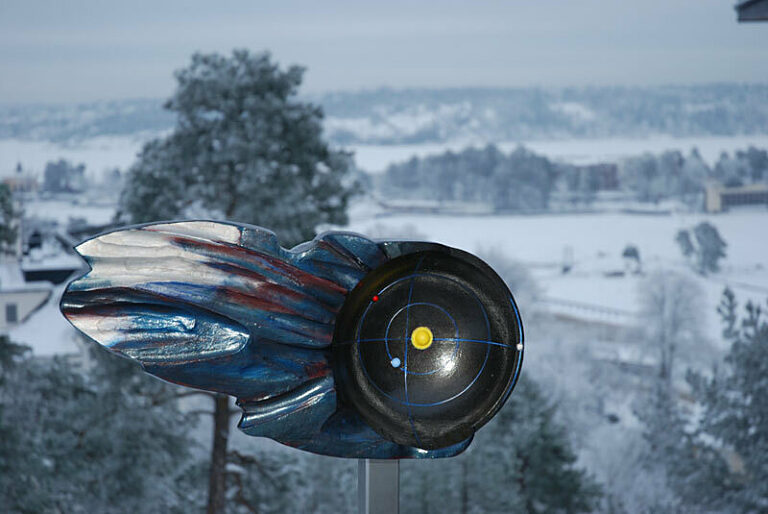
The Sweden Solar System is the world's largest permanent scale model of the solar system. At a scale of 1:20 million, the model extends over 950 km (590 mi) from Stockholm to Kiruna, above the Arctic Circle. It includes the Sun, the planets, several moons, dwarf planets, comets, asteroids, trans-Neptunian objects, and even the edge of the heliosphere. Pictured: A sculpture in the countryside representing asteroid Saltis, which was discovered by Swedish astronomer Alexis Brandeker. Image credit: Bengt Oberger.
Share your artwork with us!
We love to feature space artwork in the Downlink. If you create any kind of space-related art, we invite you to send it to us by replying to any Downlink email or writing to [email protected]. Please let us know in your email if you’re a Planetary Society member!


 Explore Worlds
Explore Worlds Find Life
Find Life Defend Earth
Defend Earth


